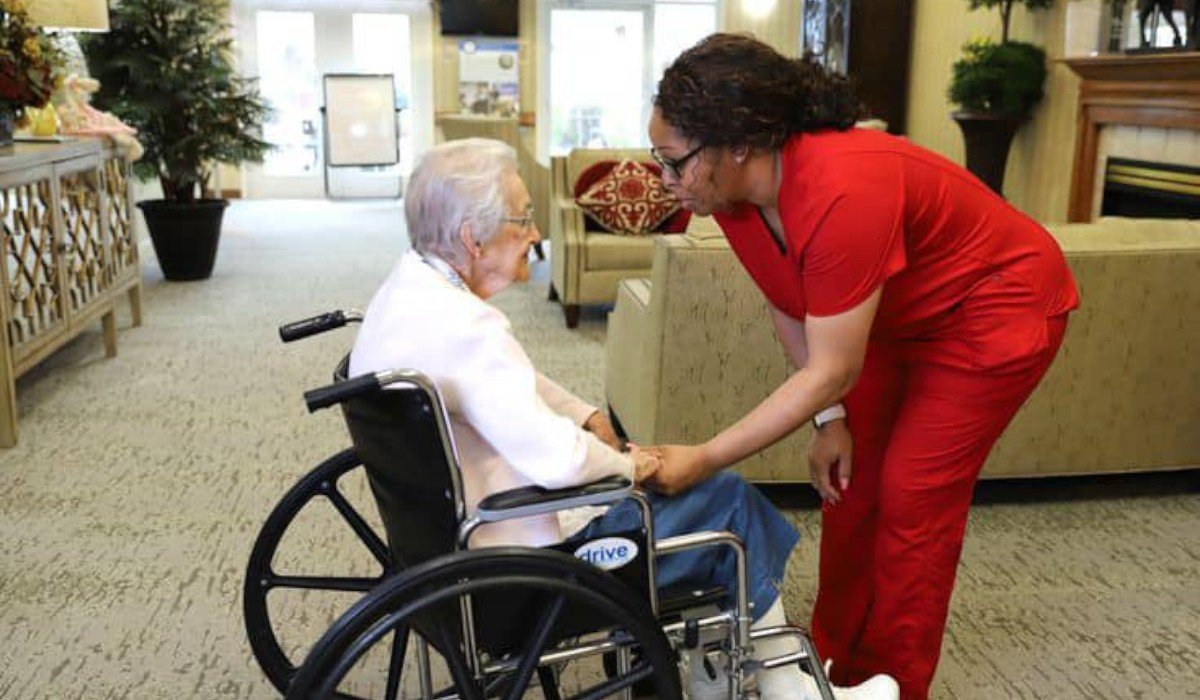Mental Health Support: Strategies for Caregivers and Patients
1. Self-Care for Caregivers
Caregivers often prioritize the needs of their patients over their own, which can lead to emotional exhaustion and burnout. However, maintaining your mental health is key to providing high-quality care.
Key Strategies:
Set Boundaries: Establish clear emotional and physical boundaries to avoid overextending yourself. This includes setting realistic expectations for what you can handle in a day.
Time for Yourself: Schedule regular breaks to recharge, even if it’s just 10 minutes of quiet time. Activities like reading, exercising, or spending time with friends can help you unwind.
Talk to Someone: Share your challenges with a trusted friend or professional. Having a support system allows you to express emotions and receive guidance.
Educate Yourself: Understanding the conditions of the person you’re caring for can reduce feelings of anxiety. Take advantage of resources like online courses or workshops offered by Ezee Solutions Academy to boost your confidence.
2. Support for Patients
Patients, especially those facing long-term illnesses or disabilities, can experience mental health challenges like depression and anxiety. The key is to provide a holistic approach to care that includes emotional support.
Key Strategies:
Create Routine: A predictable routine can reduce feelings of uncertainty, which often trigger anxiety. Ensure that the patient knows what to expect each day.
Encourage Open Communication: Allow the patient to express their fears, frustrations, and hopes. Sometimes, just listening can alleviate their mental strain.
Engage in Activities: Depending on the patient’s ability, engaging in activities they enjoy—like art, music, or light exercise—can boost their mood and provide a sense of purpose.
Professional Help: Don’t hesitate to involve mental health professionals if necessary. Therapy or counseling sessions can help patients navigate their emotions and develop coping mechanisms.
3. Coping Mechanisms for Depression, Anxiety, and Burnout
Caregivers and patients alike are susceptible to mental health challenges like depression, anxiety, and burnout. Recognizing these feelings early and applying effective coping mechanisms is vital.
Depression
Mindfulness and Meditation: Practicing mindfulness can help both caregivers and patients focus on the present moment, reducing negative thought patterns that often lead to depression.
Stay Active: Physical activity, even simple stretching, can improve mood by releasing endorphins, the body’s natural mood lifters.
Therapy: Cognitive Behavioral Therapy (CBT) is a proven method for treating depression by helping individuals reframe negative thoughts.
Anxiety
Deep Breathing Exercises: Simple breathing techniques can calm the mind and reduce the physical symptoms of anxiety. Try the 4-7-8 breathing method (inhale for 4 seconds, hold for 7 seconds, and exhale for 8 seconds).
Journaling: Encourage journaling to track anxious thoughts. Writing them down can provide a sense of relief and clarity.
Limit Triggers: If certain activities or environments heighten anxiety, try to reduce exposure. Create a calm, peaceful space where both the patient and caregiver can relax.
Burnout
Delegate Tasks: Caregivers should ask for help from family members or professional services like those offered by Ezee Solutions Academy & Home Care Services. It’s okay to acknowledge when you need assistance.
Set Realistic Goals: Setting manageable daily goals can help avoid feelings of overwhelm.
Regular Check-ins: Regularly assess both your emotional and physical health. If you’re showing signs of burnout—like chronic fatigue, irritability, or emotional numbness—consider speaking to a professional about how to mitigate these symptoms.
4. Building a Support Network
For both patients and caregivers, having a reliable support network is crucial for mental well-being. Encourage the involvement of family members, friends, or local community services. At Ezee Solutions Academy, we offer comprehensive support for families navigating caregiving responsibilities, ensuring no one feels alone in their journey.


